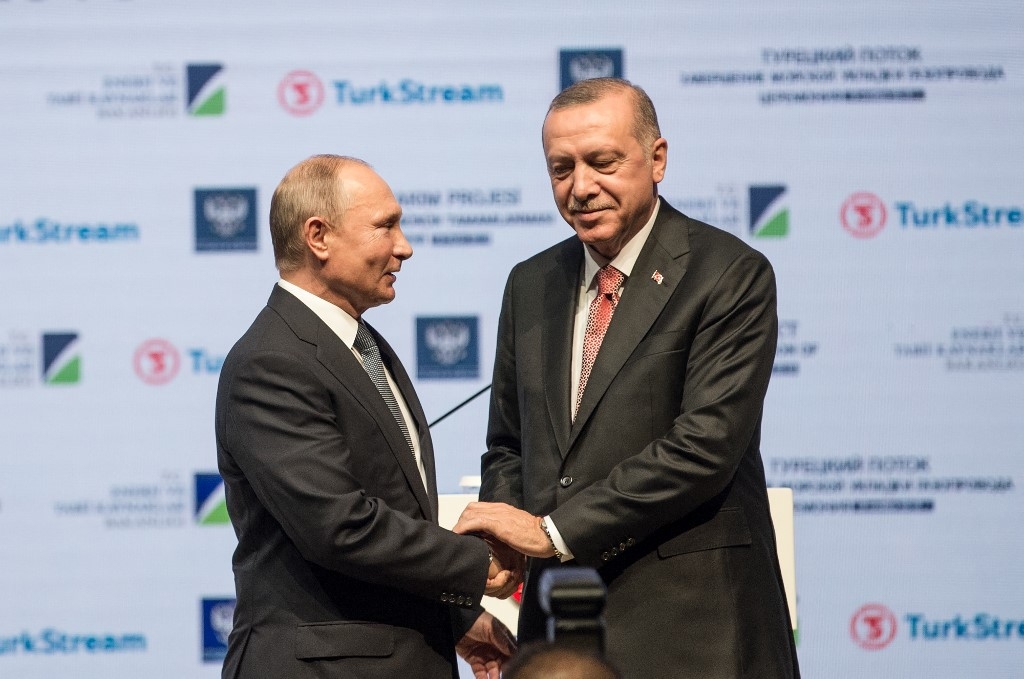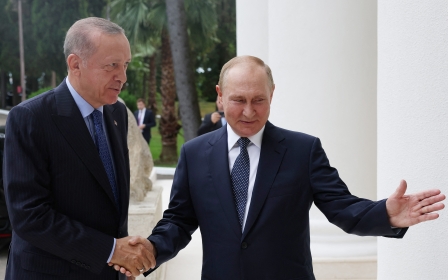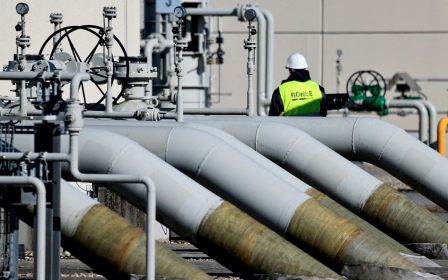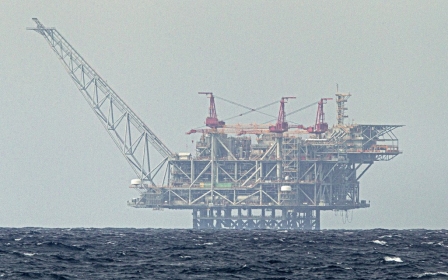Turkey seeks gas price cut from Russia

Turkey is seeking a gas price discount from Russia, Turkish President Recep Tayyip Erdogan announced on Friday in an interview with local journalists.
Erdogan said that he has had talks with his Russian counterpart Vladimir Putin on the gas prices. "If that goes forward positively, that would be really good," he said. "Our only cause is to provide electricity and gas to our citizens in viable conditions."
Erdogan added that he would hold another round of comprehensive talks with Putin in Samarkand, on the sidelines of the Shanghai Cooperation Organisation summit later this month.
Turkey and Russia last month agreed to set up a partial payment system for Russian natural gas in local currencies, the Rouble and Turkish Lira.
Turkey is a net energy importer with 45 percent of its gas coming from Russia. The two countries signed a gas deal in January for the next four years, though they did not announce the price tag. Ankara is looking for a discount as its foreign currency reserves are dry.
New MEE newsletter: Jerusalem Dispatch
Sign up to get the latest insights and analysis on Israel-Palestine, alongside Turkey Unpacked and other MEE newsletters
One source close to negotiations told Middle East Eye that Turkey and Russia were also discussing energy payment postponement.
Turkey's role in the Ukraine war
Turkey is one of several countries that have refused to sign on to western sanctions to isolate Moscow over its invasion of Ukraine.
Turkey has played a pivotal role in the Ukraine war. While it has sold armed drones to Kyiv and closed the straits to Russian ships, the country has also been mediating between both sides.
Ankara helped broker a UN deal in July allowing for the resumption of Ukrainian grain shipments from the Black Sea.
Erdogan this week was also rallying against western nations over their treatment of Russia. He said that the West's policies regarding Moscow were based on provocations.
On Thursday, he also echoed Putin and said that most of the grain taken out of Ukraine was going to rich countries instead of poor ones.
"The fact that the grain goes to the countries that have sanctions bothers Putin," Erdogan said. "But we would like to transport Russian grain as well. I will talk about it to him."
Earlier on Wednesday, Putin complained that most of the grain had been going to Europe rather than to countries suffering from food crises. Putin said he would contact Erdogan to discuss possibly limiting the export of grain and food from Ukraine.
In response, Ukrainian Infrastructure Minister Oleksandr Kubrakov tweeted that Ukraine had sent 54 vessels to Asia carrying just over one million metric tonnes of grain and another 16 vessels to Africa carrying 469,000 metric tonnes.
Europe had received 32 vessels loaded with 853,000 metric tonnes of grain, he added.
UN data released on 27 August indicates that 75 percent of Ukrainian grain exports through the Black Sea were destined for non-EU states, with Turkey receiving 21 percent, South Korea 13 percent, Iran 12 percent, and Egypt 11 percent.
Middle East Eye delivers independent and unrivalled coverage and analysis of the Middle East, North Africa and beyond. To learn more about republishing this content and the associated fees, please fill out this form. More about MEE can be found here.




